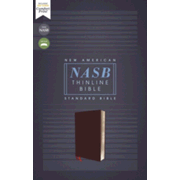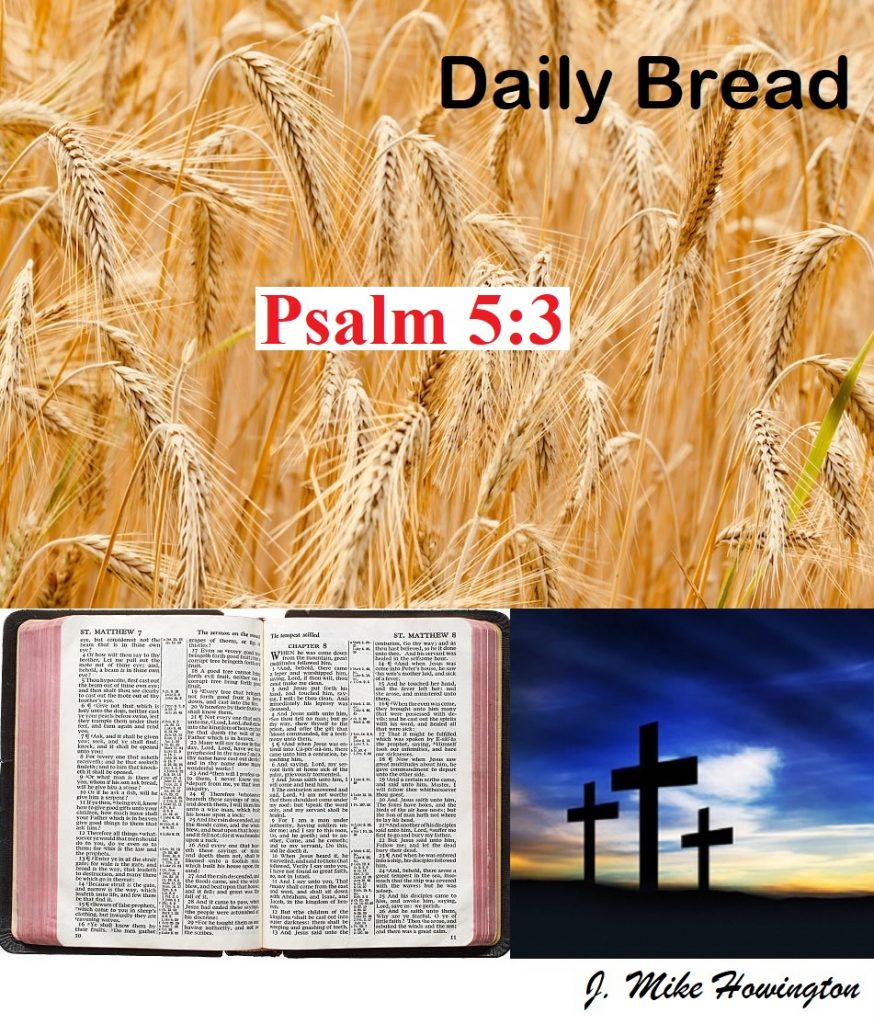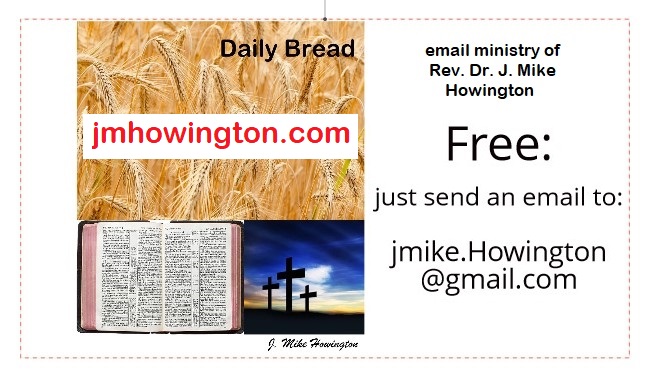Google produces a list of Scriptural passages when you ask, “Which 10 encouraging bible verses do I need to read each day?” The eighth passage on that list is Psalm 5:3. Today’s Daily Bread email message very briefly explains that King David, in this verse, recognizes the encouragement in the morning prayer.
Psalms 3, 4, and Psalm 5 were composed by David when he was fleeing from his rebellious, murderous son, Absalom, in the wilderness (2 Samuel 15—18). This is one of the ”imprecatory psalms,” so called because they pray for God to destroy the wicked. Psalm 7:1–2 also alludes to David’s fervent prayer to be saved from his pursuing enemies.
Psalm 5:1–3 begins like Psalm 4, as David prays to the Lord with intense feeling. Psalm 5 closes with an appeal to the righteous to sing for joy as they take refuge in the Lord, and David asks the Lord to bless and protect the righteous.
Psalms 5 falls into the “lament” category because it is seeking God’s help and protection. David is certain that he is among the righteous, and his enemies (whom he refers to as the wicked) are among those who are hated by God. No doubt David has forgotten all the times that he sinned and displeased God.
Psalm 5 reflects how David, the righteous man, prays for deliverance not only for freedom from suffering but to allow himself to serve God without distraction.
Psalm 5:3

David made it a point to pray in the morning because he wanted to honor God at the beginning of his day, and this set the tone for an entire day dedicated to God.
This is the fittest time for connecting with God. An hour in the morning is worth two in the evening.
David was a man after God’s own heart. From the moment he woke from his sleep, his thoughts turned immediately to the Lord, for David knew that God would hear his voice and hearken to his cries for help.
David prepared his prayers as sacrifices to God.
Sacrifice isn’t something we do for God but the word “sacrifice” in the context of Psalm 5:3 means that we lay all our concerns in prayer before the Lord and surrender them and watch expectedly for what He will do with them.
Before and After Prayers
David gave us what to do before prayer and after prayer. And before we pray, we should direct our prayer. After we pray, we should look up with expectancy to heaven, really believing that God will answer.
Israel’s priests prepared animal sacrifices by placing each piece of the animal in order upon the altar (Leviticus 1:8) and by placing the loaves of bread in order on the table in the Tabernacle (Leviticus 24:8). The idea of “direct” is not “to aim” but “to order, to arrange.” The word translated to “direct” is used for the laying in order of the wood and pieces of the victim upon the altar, and it is used also for the putting of the shewbread upon the table.
David meant this: “I will arrange my prayer before thee, I will lay it out upon the altar in the morning, just as the priest lays out the morning sacrifice.”
It is a mistake to pray haphazardly. We should not return again and again to the same petition, pressing it home with all humility and reverence, and arguing the case, like Father Abraham did his prayer for the cities of the plain. (Genisis 18:22-19:29)
Prayer does not have to be rigid, formal, or mechanical (Matthew 6:5–8), but neither should it be haphazard.
If we use the example often referred to as The Lord’s Prayer in Matthew 6:9–13 as an example, we find several significant components. The prayer includes adoration, submission to God’s will, petition, confession, and a plea for guidance.
We should let holy preparation link our hands with patient expectations and have far larger answers to our prayers.
David began each day by praying with the assurance that the Lord heard his voice. He knew that God would hear his pleadings and petitions, and eagerly watched and waited for the answers to his prayer to be realized. And then, David rejoiced in God’s never-failing faithfulness.
Watch
David adds in Psalm 5:3 that he not only prays but also watches. He was consistent and expectant watching for an answer to his prayer, symbolized as a guard on a watchtower diligently watching for whoever was approaching.
Too often, we have a perception of how God will answer our prayers and when our petitions should be answered. But God’s ways are not always our ways and His timings do not always coincide with our eager expectations. But His way and His timings are always the best for each life, for He knows the way we should take.
When you pray God listens. God hears our prayers. God is always listening.
David’s Example
David is an example of a man of prayer who trusted the Word of God. His prayer life was regular, systematic, orderly, and faithful, and he prayed with the expectation that God would answer his prayers.
Note that Psalm 5:3 is not so much a prayer as a resolution, “My voice shalt thou hear,” I will not be dumb, I will not be silent, I will not withhold my speech, I will cry to thee, for the fire that dwells within compels me to pray.” We can sooner die than live without prayer.
Day by day, David discovered that God’s mercies were fresh and new every morning, for he knew that the Word of the Lord endures forever and ever. Great is God’s faithfulness.
______________Affiliate link – SHOP: _______________
_This ad is for my favorite version of The Bible _
_____but click on it to go to the whole store______


NASB Comfort Print Thinline Bible, Red Letter Edition–bonded leather, burgundy (click here)
By Zondervan
The beloved 1995 Edition of the New American Standard Bible is now easier to read with Zondervan’s exclusive NASB Comfort Print® typeface. This edition of the NASB Thinline Bibles is available in a variety of sophisticated designs in a portable, easy-to-read format.
- The full text of the New American Standard Bible, 1995 Edition
- Exquisite, durable covers
- Less than one inch thick
- Double-column format
- Presentation page
- Two satin ribbon markers
- Words of Christ in red
- Exclusive Zondervan NASB Comfort Print 9 point type
Features:
____________________________________________
Consider the Daily Bread email message sent on 8/25/2023 which says,

Psalm 5:3 – In the morning, O LORD, You will hear my voice; in the morning I will order my prayer to You and eagerly watch. (NASB)
By careful meditation before the morning prayer, we can experience the sweetness and efficacy of prayer and feel the hopeful expectation after it.
You Can Receive The Daily Bread, for FREE
To receive the Daily Bread email messages, free on Mon., Wed., and Fri., in your email inbox, just fill in the form below or send an email, and ask to be added, to jmikeh@jmhowington.com

